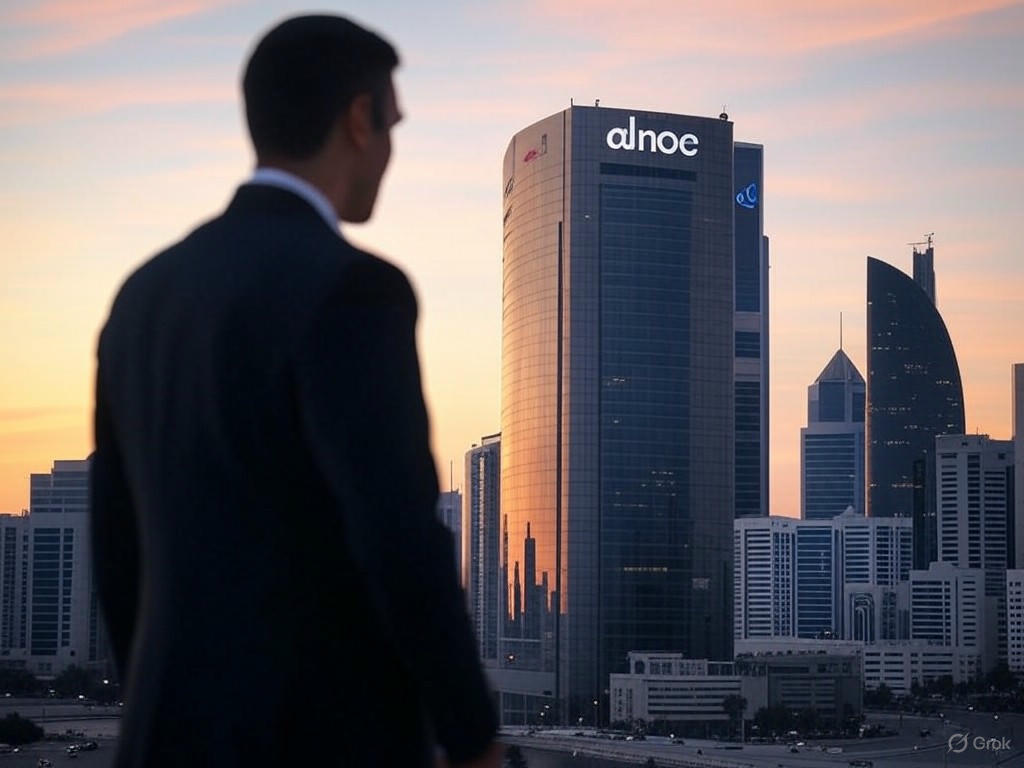In a striking development shaking up the global energy sector, Abu Dhabi National Oil Company (Adnoc) has tabled a staggering $19 billion bid to acquire Santos, a prominent Australian natural gas developer. This ambitious offer, spearheaded by a consortium led by Adnoc, signals a strategic push by the UAE-based energy titan to expand its international footprint amid a volatile geopolitical landscape. The timing of the bid is particularly notable, as energy markets worldwide remain jittery due to escalating tensions in the Middle East, particularly between Israel and Iran, which have raised concerns over potential disruptions to oil and gas supplies.
The proposed acquisition of Santos, a key player in Australia’s liquefied natural gas (LNG) industry, underscores Adnoc’s determination to bolster its position in the global energy market. Santos has long been a significant contributor to the Asia-Pacific region’s energy needs, with extensive operations in natural gas exploration and production. By integrating Santos’ assets, Adnoc aims to diversify its portfolio beyond the Middle East and tap into Australia’s robust LNG export market, which serves as a critical supplier to energy-hungry economies like Japan, South Korea, and China. This move aligns with Adnoc’s broader vision of becoming a leading global energy provider, especially as the world transitions toward cleaner fuels, with natural gas often seen as a bridge between traditional fossil fuels and renewable energy sources.
However, the bid comes at a time of heightened uncertainty. The ongoing Israel-Iran conflict has rattled energy markets, with fears of supply chain interruptions driving price volatility. Analysts suggest that Adnoc’s aggressive expansion strategy may be partly motivated by a desire to secure stable, long-term assets outside the volatile Middle Eastern region. A successful acquisition of Santos could provide Adnoc with a buffer against regional instability, ensuring a steady flow of revenue from diverse geographic sources. Yet, the deal is not without challenges. Regulatory hurdles in Australia, where foreign takeovers of critical energy infrastructure are often scrutinized, could complicate the transaction. Additionally, Santos’ shareholders will need to weigh the financial merits of the $19 billion offer against the company’s long-term growth potential as an independent entity.
As the energy sector watches this high-stakes bid unfold, the implications extend far beyond the boardrooms of Adnoc and Santos. If successful, this deal could reshape the dynamics of the global LNG market, strengthening Abu Dhabi’s influence over a critical segment of the energy supply chain. It also highlights the growing trend of state-backed energy giants leveraging their financial muscle to secure strategic assets in a rapidly evolving industry. For now, all eyes are on the response from Santos and Australian regulators, as well as the broader geopolitical developments that could sway the outcome of this monumental $19 billion gamble by Adnoc in its quest for global energy dominance.
